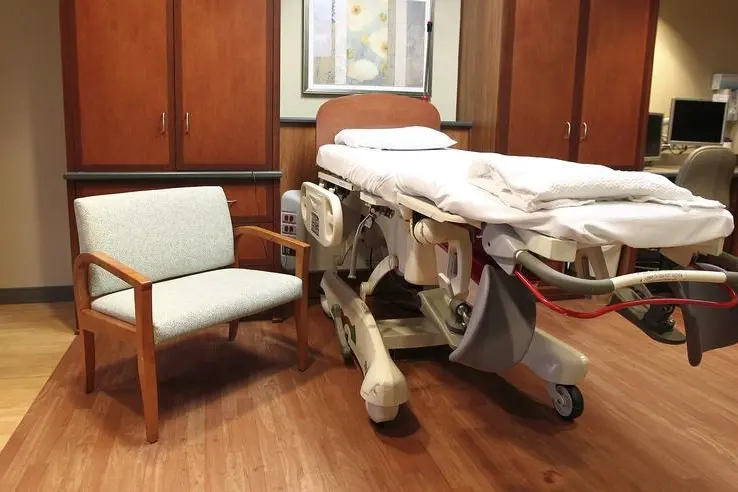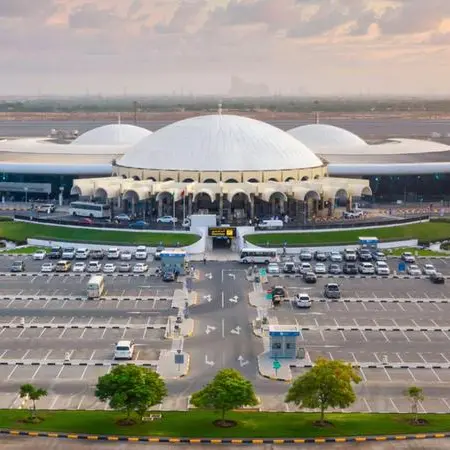PHOTO
Saturday, Jul 04, 2015
Dubai: An amount of Dh150,000 under the basic insurance package is assured for premature birth expenditure and the health authority is also working on setting up a special health fund for unforeseen medical expenses where insurance coverage fails, a senior Dubai Health Authority official told Gulf News.
Explaining how this works, Dr Haidar Al Yousuf, director of health funding at DHA, said: “The essential Health Benefit (EHB) package [which is now the minimum accepted cover for all new policies sold in Dubai] will be something even the lowest paid worker will be provided by his employer and will have services like maternity coverage.
“The insurance cover also includes the child for 30 days under the mother’s policy. This policy under the annual cost of Dh600-Dh700 has an aggregate annual limit of an amount not less than Dh150,000 per year, and is usually higher. Therefore, as and when the phased introduction of health insurance takes place, and the population gets insured as per the DHA timelines, all these cases will get at least the essential coverage needed, if not more.”
DHA feels that after such comprehensive coverage the fraction of cases that go beyond the basic benefit package coverage will be just a small fraction. Illustrating this with current figures, Dr Al Yousuf said: “In terms of numbers, for the insured population, the total number of babies admitted to NICUs in Dubai in 2013 was 3.1 per cent of the total number of live births in Dubai. Of these, only in 0.08 per cent of the cases did the bill exceed Dh150,000. This means less than 0.1 per cent of the population may require some additional funding.”
Special health fund
In order to cover these unforeseen medical expenses DHA is very close to setting up of a health fund. Dr Al Yousuf said: “ There are models to cover the cases that are not fully covered by insurance and the system has embedded solutions to look into such cases. The model we envision is a DHA health fund, that covers the small number of high expense cases or conditions that are not covered by insurance and that is something we are presently working on.”
Health care officials are optimistic that once all three phases of the insurance rollout is over and everyone is covered, the cost of insurance and health care is bound to come down going by simple economics of the expense being evenly spread throughout the expat population in the emirate.
Economies of scale
Dr Al Yousuf said the real benefits of the mandatory health insurance cover would be evident to the population in the next three years as he foresaw economies of scale coming into circulation with high coverage bringing down the cost of treatment per individual. “In the absence of mandatory health insurance, the risk pool is lower and, therefore, insurance premiums are higher. When the whole population gets insurance, the risk pool gets wider and thus the premiums get lower. For health-care facilities, this is an excellent opportunity to provide not only high cost services but to provide services at a lower price because a higher number of people can now afford those services due to mandatory health insurance.”
By Suchitra Bajpai Chaudhary Senior Reporter
Gulf News 2015. All rights reserved.





















